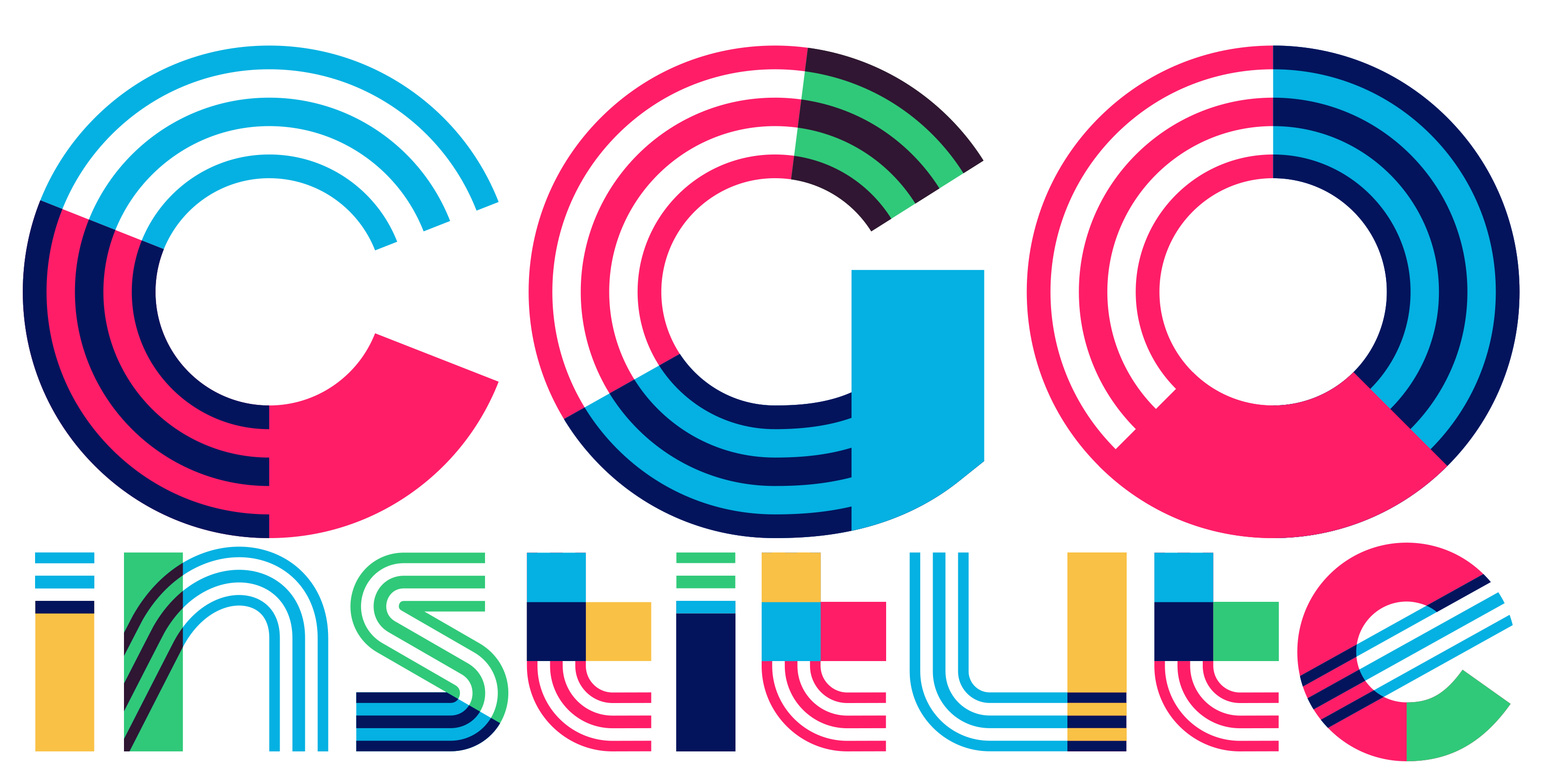 “Non creative behavior is learned”, so started a lecture last night on Creativity and the Curious Mind by director/teacher Matthew Smith to a packed audience of post-graduate students at Mountview.
“Non creative behavior is learned”, so started a lecture last night on Creativity and the Curious Mind by director/teacher Matthew Smith to a packed audience of post-graduate students at Mountview.
We begin lives infinitely curious and use creativity to express almost everything we think and feel and do. Contemporary schooling then teaches us one thing more than anything else, at least for many of us: how to control our curiosity and curb our creativity. The correct answer is expected. Often it is yes or no – rarely maybe. We wait our turn to speak. The lessons focus on acquiring the right knowledge to pass exams. The subjects themselves are narrowed and reduced to get the required AAA rating to allow us to go to study in another institution where, in the main, we will not be overly encouraged to be different until we have our next piece of paper and can go out and join a polite queue for the dole.
There’s something wrong, and Matthew was encouraging the audience to think, challenge, and notice what they notice about their own creative or life process. As one New Zealand student put it – many people have Tall Poppy Syndrome – a wonderful phrase to suggest that it is not good to excel at anything.
In the morning I was walking to the tube following a grouping of mum and three kids. I guess the oldest was 4. Two of them were by the adult’s hand walking along. The third was enchanted by her walk, by the hidden space behind a tree, by the shadow her feet kept stepping on, by the noise she could make on a piece of fencing, and the patterns her fingers made when she drew the fencing, and…she was getting a bit behind the rest. The adult was patient, but needed her to speed up and join the others. Reluctantly she seemed to leave her imaginary friends and re-join the grown-up world.
The inspired teacher, if they have freedom to divert from the yes/no path, may help her walk her own path, noticing what she notices, and maybe that little girl will retain more of her creativity and curiosity than others, and maybe she will be a very happy tall poppy.
And maybe, in years to come, someone will give her a contract which includes the clause which Martin introduced us to last night. To work “well, surely, cleanly, workmanly, substantially, curiously and sufficiently”. This was from a contract between some glaziers and the Archdeacon of Norwich to set up 16 windows in 1526 (source The King’s Glass – Carola Hicks). I intend to find a way to get that into my creative producing contracts in the future – to work curiously.
And to work sufficiently – which also means having time off to be yourself and enjoy the life we live.
The evening included talk of creative challenges and knockbacks. The word failure was explored in many forms and I wished we had a better vocabulary – like the 46 words for snow in Icelandic (www.totaliceland.com). Matthew quoted a Keith Richards line about music “It’s undefinable, and nobody’s ever going to have the answer to it, but it’s great fun exploring.”
I am trying to find the quote I was told, I thought by Ranulph Feinnes, “You wouldn’t be a very good explorer if you didn’t get lost” . We learn by making mistakes. What we create may not be appreciated by the critics or even our peers – but that is how we make new discoveries.
At the heart of my work leading the MA in Creative Producing at Mountview is a wish for my cohort to lose themselves, for a while, in curiosity and creative discovery. They are each taking on the challenges of exploring areas about which they know very little. They are each seeking to meet experts along the way. And they will each uncover things completely new to them, which they will own and use in years to come.
Subjects they have chosen to explore just this term include Theatre in Vienna, Norway, Cornwall, Portugal, Germany; the impact of big society on arts for LGBTQ in 2020; the structure which has led one tiny community arts centre survive and thrive when all funding was cut; the organizational structure of r&d in musical theatre in the UK; and fundraising strategies to reach new sources of support for very specific and personal arts projects.
For the next few weeks they will get lost in exploring, and then they will begin to move from divergent to convergent thinking and reach some conclusions which we can share. There is no right or wrong answer. There is a reclaiming of creativity and the curious mind.
Thank you Matthew for last night.
